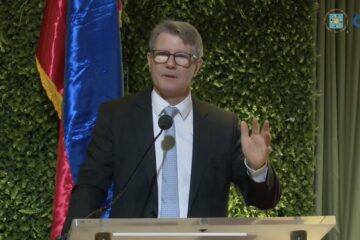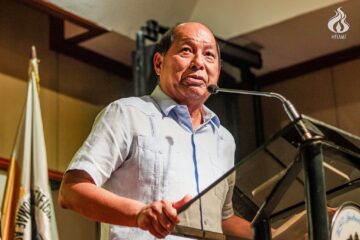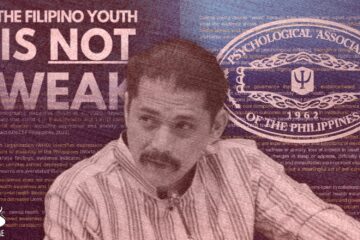Most educators do not fully understand the essence of Mother Tongue Based-Multilingual Education (MTB-MLE) as most schools prioritize learning the English language, often neglecting the mother tongue, a Filipino linguist said Wednesday in a webinar.
“[K]ahit [ang] mga taga-DepEd (Department of Education) hindi na-ge-gets ito. ‘Yong importansya, na kailangan manatili ‘yong L1 (first language) as primary MOI (Medium of Instruction) throughout the elementary cycle, tapos kailangan sanayin natin ‘yong mga bata sa L2 (second language),” MTB-MLE expert Ricardo Ma. Duran Nolasco said.
The MTB-MLE policy aims to teach in the first language or mother tongue of the students while slowly transitioning into other languages.
Nolasco said that the country obtained low scores and rank in the Programme for International Student Assessment because of the ineffective learning strategies in the education system.
He also compared the learning approaches of the Philippines and Japan, showing that the Philippines focuses on merely memorizing while Japan focuses on building the foundation of what the students already know to build the concepts of the subject.
Dianne Dekker, senior consultant and coordinator of Literacy and Education at Summer Institute of Linguistics International, said that Filipinos should not solely focus on learning the English language because all cultures and languages contribute to global knowledge.
The Filipino and English languages need not be separated but instead be used to strengthen each other, Dekker said.
“Forget the English-only policy in classrooms. We need to explain Science and Math concepts in [Filipino]. If we cannot find a Filipino term of certain scientific terms, we can borrow the English terms in the meantime. What is important is that students need to learn these concepts in contexts and in a language they already know,” Dekker said.
By using the mother tongue language in the classroom setting, students will be more encouraged to participate because they will be able to freely express their ideas in a language they usually use, Dekker added.
“Students go to school not to memorize, not only to learn the English language, but to learn and hone their minds. In fact, we should not use pure English to teach English. We can use Filipino in teaching the English language. We should prioritize building critical thinkers, not English-speaking Filipinos,” Dekker said.
Meanwhile, sociolinguistics expert Ruani Tupas, currently teaching at the Department of Culture, Communication and Media at the University College of London said that the negative indications about the Filipino language affect the person’s usage and attitude toward it.
“Hindi problema ang multilingualism. It’s not an interference. We need to change our attitude [toward this]. This is the cure [for] maximizing the potential of MTB-MLE. If mababa [ang] tingin natin dito, magiging negative ang indexicality associated with MTB-MLE and, thus, also with our own language,” Tupas said.
The webinar titled “Wikang Winika: A Webinar on Mother Tongue-based Multilingual Education” was organized by the UST English Language Studies Society. F



